According to recent data from the Australian Bureau of Statistics (ABS), businesses that actively monitor and manage their cash flow have a significantly higher survival rate. For instance, about 48 per cent of new Australian business start-ups fail within their first four years. However, businesses that effectively manage their cash flow are 30 per cent more likely to survive their first five years compared to those that don’t.
Understanding the power of a cash flow forecast can be a game-changer in these challenging times. This tool, which projects your business’s future cash inflows and outflows, can help you anticipate potential cash shortages and plan for upcoming expenses. With this knowledge, you can make informed decisions to keep your business afloat, feeling more in control and prepared.
Here, we discuss what practical cash flow forecasting tips and other financial best practices businesses can adopt to stay on top of finances.
Conduct scenario planning to prepare for different outcomes
Scenario planning involves analysing potential future events and their impact on your business. This proactive approach helps identify potential risks and opportunities, allowing you to develop contingency plans.
For instance, by considering different sales forecasts, you can prepare for high- and low-demand scenarios, ensuring you have the resources to meet customer needs without overextending your finances.
Focus on cash conservation by cutting non-essential costs
In uncertain times, conserving cash is critical. Regularly reviewing your expenses—ideally on a daily, weekly and monthly basis—can help identify non-essential costs that can be reduced or eliminated. This might include renegotiating contracts, reducing discretionary spending and finding more cost-effective suppliers.
By prioritising essential expenditures, you can ensure that your business remains financially stable even during economic downturns.
Manage accounts receivable proactively
Ensuring timely payments from customers is crucial for maintaining healthy cash flow. Implement clear credit policies and follow up on overdue invoices promptly. Offering early payment discounts and using invoicing software can streamline this process.
By keeping a close eye on your accounts receivable, you can prevent cash flow bottlenecks and improve liquidity.
Optimise inventory management to free up cash
Excess inventory ties up cash that could be used elsewhere in your business. Regularly review your inventory levels and adjust your purchasing strategy based on demand forecasts.
Employing just-in-time inventory systems can reduce holding costs and free up cash, allowing you to invest in more critical areas of your business.
Explore government support and grants
Many governments offer financial support and grants to businesses, especially during tough economic times. Australian businesses can visit the business.gov.au website to search and apply for grants using the grants and programs finder tool, or research available programs in your area.
If eligible, applying for a government grant can provide additional funding to support your operations and growth initiatives without incurring debt.
Communicate openly with stakeholders
Transparent communication with stakeholders, including employees, suppliers and investors, is essential during challenging times. Keeping them informed about your financial situation and the steps you’re taking to manage cash flow can build trust and support.
This collaborative approach can also lead to new ideas and opportunities for improving your business’s financial health.
Proactively seek professional advice
Professional advisors, such as accountants, small business debt experts and financial consultants, can provide valuable insights and strategies for managing cash flow.
Experienced advisors with a solid track record can help you identify potential issues, develop effective financial plans, as well as navigate complex financial situations. Taking a proactive approach is essential when seeking advice – do not wait until it’s too late or when a problem spirals out of control. With the right guidance and prompt strategic action, you can safeguard your business’s long-term financial stability.
Business preparedness in FY2024–25
As the second half of 2024 unfolds, effective cash flow management is crucial for business success, especially in today’s volatile economic environment.
By maintaining a proactive approach to financial forecasting and implementing strategies like creating a leaner budget, managing accounts receivable, optimising inventory management, as well as seeking the right financial advice, businesses can enhance their resilience and achieve long-term growth during turbulent times.
This is easy enough to accept, but where do you go from here as a business owner?
The key to growing a robust business, and not just fighting for survival, lies in seeking expert advice well before problems arise. By getting the right advice from the right advisors, businesses can navigate financial challenges more effectively and position themselves for success and profit potential in the financial year ahead.
For a financial health check on your business and tailored expert advice on proactively managing your business finances, contact AVA Advisory’s small business solutions team on 1300 181 220 or book a confidential, obligation-free consultation now.







